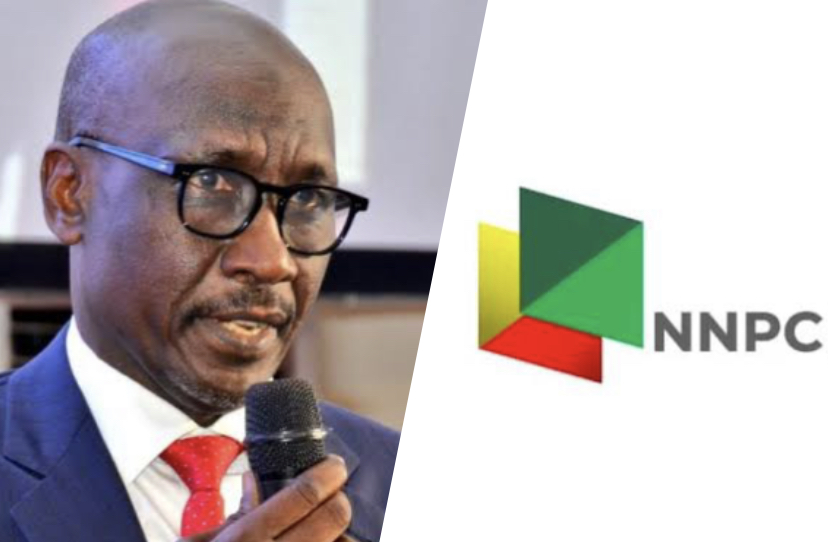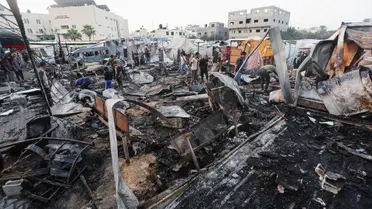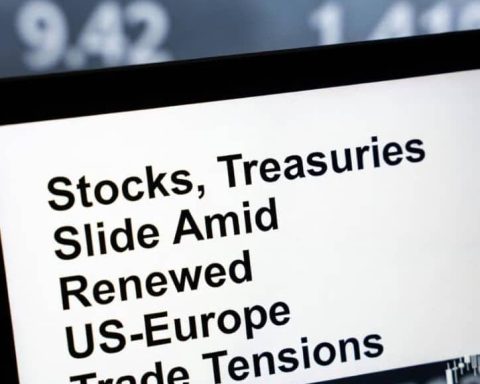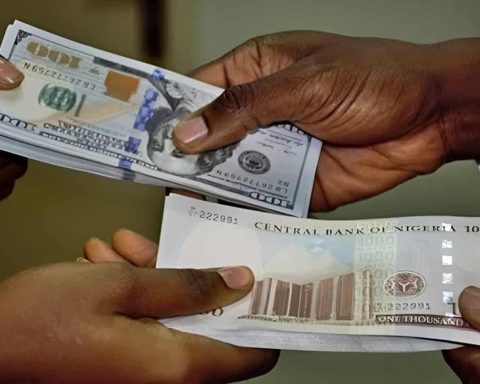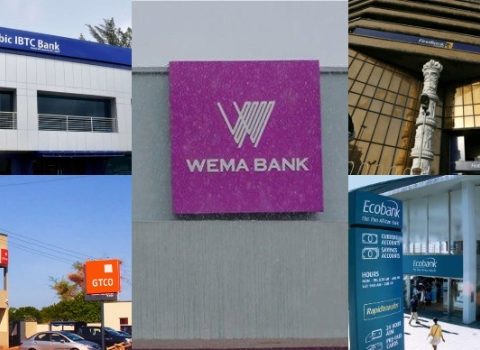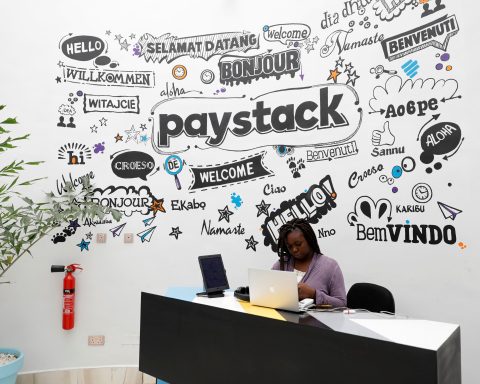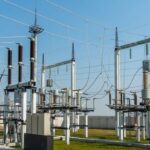NNPCL’s Group Chief Executive Officer Reveals Major Losses from Smuggling
The Nigerian National Petroleum Corporation Limited (NNPCL) has revealed that during the fuel subsidy regime, petrol smugglers were making enormous profits, with each 6,000-litre truck fetching them up to N17 million when sold across Nigeria’s borders.
The Group Chief Executive Officer of NNPCL, Mele Kyari, disclosed this during a press briefing in Abuja, emphasising the extent of cross-border smuggling driven by the subsidy system.
Join our WhatsApp ChannelSmugglers Capitalised on Subsidy Loopholes
According to Kyari, the disparity between Nigeria’s subsidised fuel prices and those in neighbouring countries created a thriving smuggling economy. He explained that smugglers exploited the price differences, making significant profits by diverting fuel meant for Nigeria to other countries where it sold for much higher prices.
“In the last 47 years, petroleum motor spirit (PMS) has always been subsidised in Nigeria, and this subsidy created an arbitrage. A 6,000-litre truck of fuel smuggled out of the country could bring in as much as N17 million per trip,” Kyari said.
Low Profits for Legal Sale in Nigeria
Kyari contrasted the profits smugglers made outside the country with the significantly lower earnings from selling fuel legally within Nigeria. He noted that the same truckload of petrol, when sold in states like Borno, would generate just about N500,000 in profit, which was a fraction of what could be earned through smuggling.
“If you transport a truck legally within Nigeria, say to Maiduguri, the legitimate value you get from that truck is less than N500,000. Why would someone choose that when they can make N17 million by smuggling the same truck across the border?” Kyari explained.
NNPCL: How Deregulation Has Curbed Smuggling
Kyari highlighted that the removal of the fuel subsidy by President Bola Tinubu in June 2023 has made smuggling far less lucrative. With the subsidy gone, fuel prices have been recalibrated to reflect true market values, erasing the arbitrage that smugglers used to exploit.
READ ALSO: NNPCL Under Fire To Remove ‘Hidden Levies’ On Dangote Fuel Prices
“There is no longer any incentive to smuggle fuel across the border. With the subsidy gone, the profits they made are no longer achievable,” Kyari said. He also pointed out that with deregulation, NNPCL is no longer incurring the massive losses it once faced due to subsidised fuel being smuggled out of the country.
Rising Fuel Prices after Subsidy Removal
The end of the fuel subsidy has led to a significant increase in petrol prices within Nigeria. According to reports, the price of petrol has surged to nearly N1,000 per litre in major cities like Lagos and Abuja. This marks the second price hike in less than two months, with current prices reaching approximately N998 in Lagos and N1,030 in Abuja.
This price increase has sparked concerns among Nigerians, with many worried that fuel costs will continue to rise as the government fully implements its deregulation policy. The NNPCL has also faced challenges in regulating petrol supply to marketers and filling stations, further complicating the situation.
NNPCL’s Role in the Changing Fuel Landscape
Mele Kyari reiterated that the removal of the fuel subsidy was necessary to stop the losses that the NNPCL and the Nigerian government were incurring. “We’ve stopped losing money to smuggling, and the deregulation is already showing positive signs,” he said.
While the deregulation has helped curtail smuggling, it has also raised new concerns, particularly regarding the rising cost of fuel and its impact on the average Nigerian. Many are watching closely to see how the government handles the ongoing fuel price crisis and whether the NNPCL will continue to play a central role in stabilizing the market.
Future Implications for Nigeria’s Fuel Market
As the fuel market continues to adjust to the removal of the subsidy, experts are predicting that prices may continue to fluctuate. The government’s role in regulating the market and ensuring stable supply remains critical to avoid further economic disruptions.
For now, however, the NNPCL insists that deregulation is the right path forward, even as Nigerians brace for higher fuel prices in the coming months.
Emmanuel Ochayi is a journalist. He is a graduate of the University of Lagos, School of first choice and the nations pride. Emmanuel is keen on exploring writing angles in different areas, including Business, climate change, politics, Education, and others.


